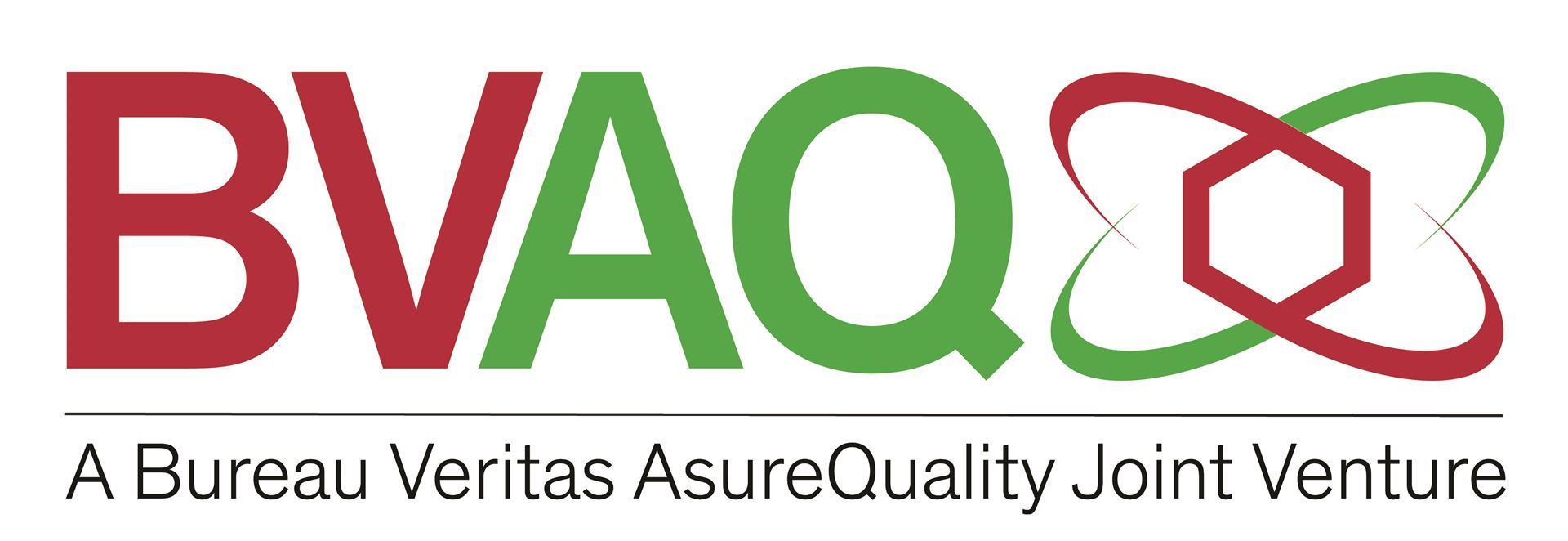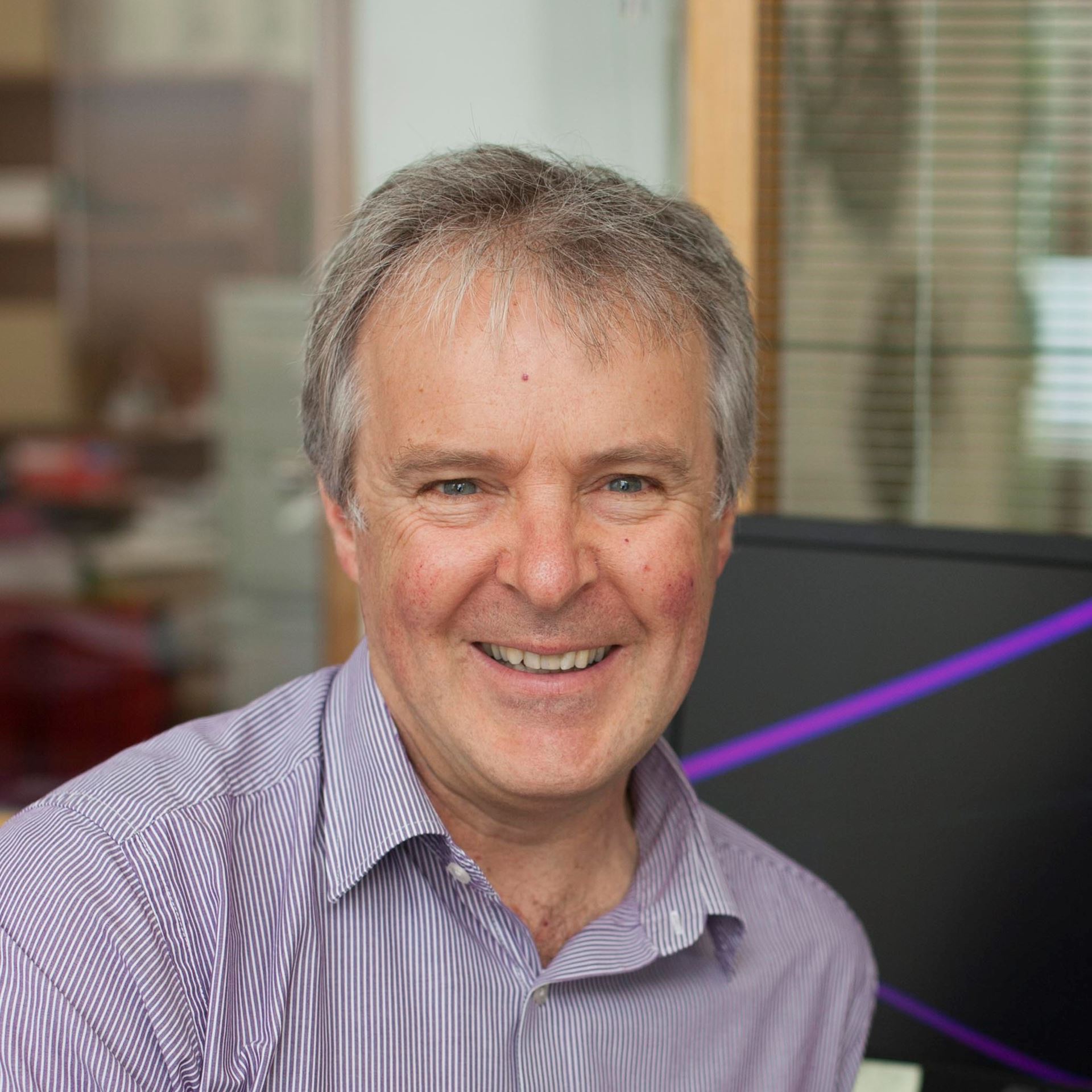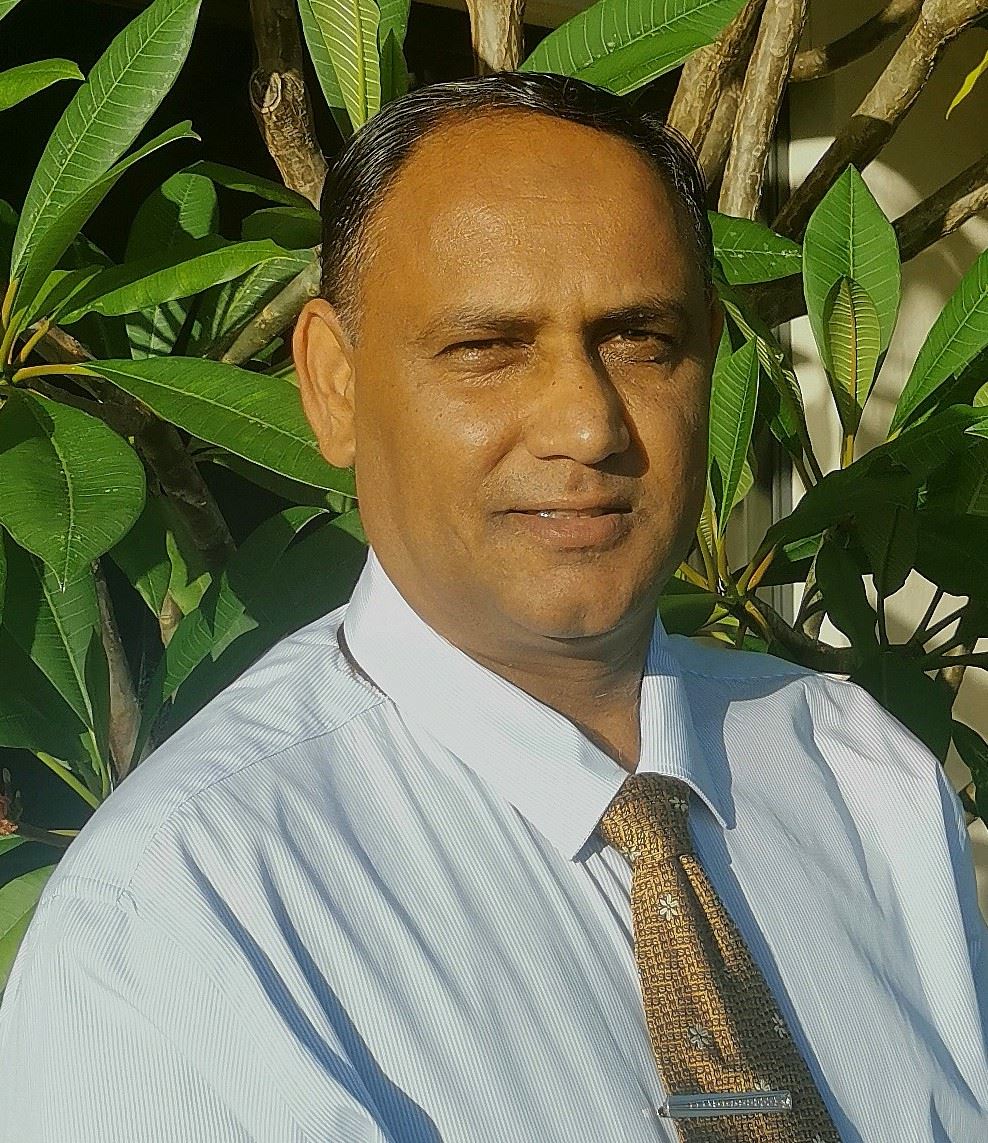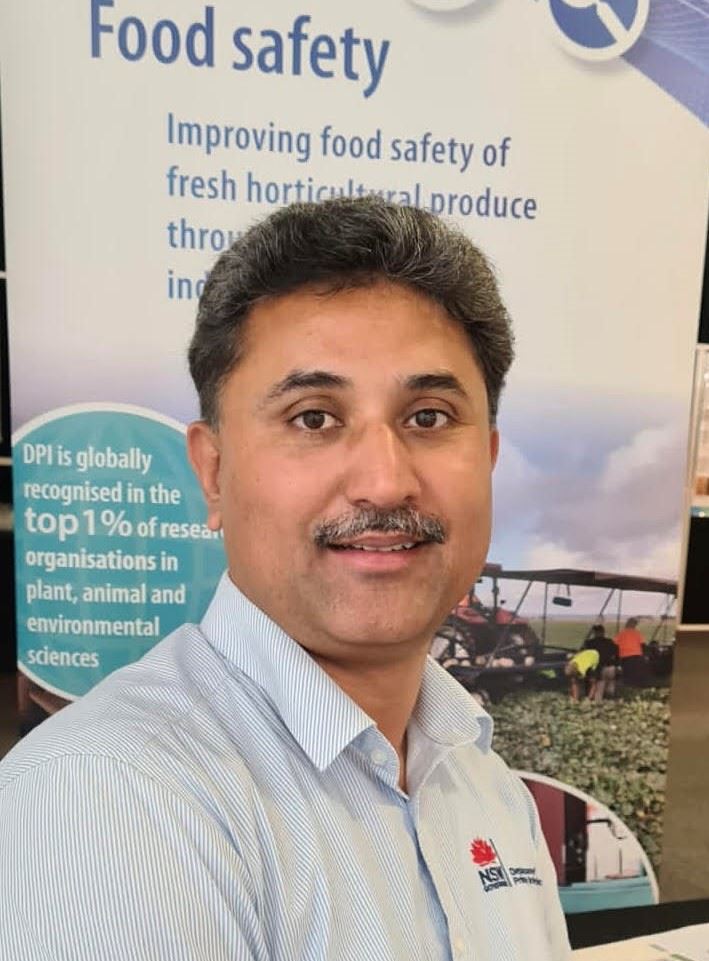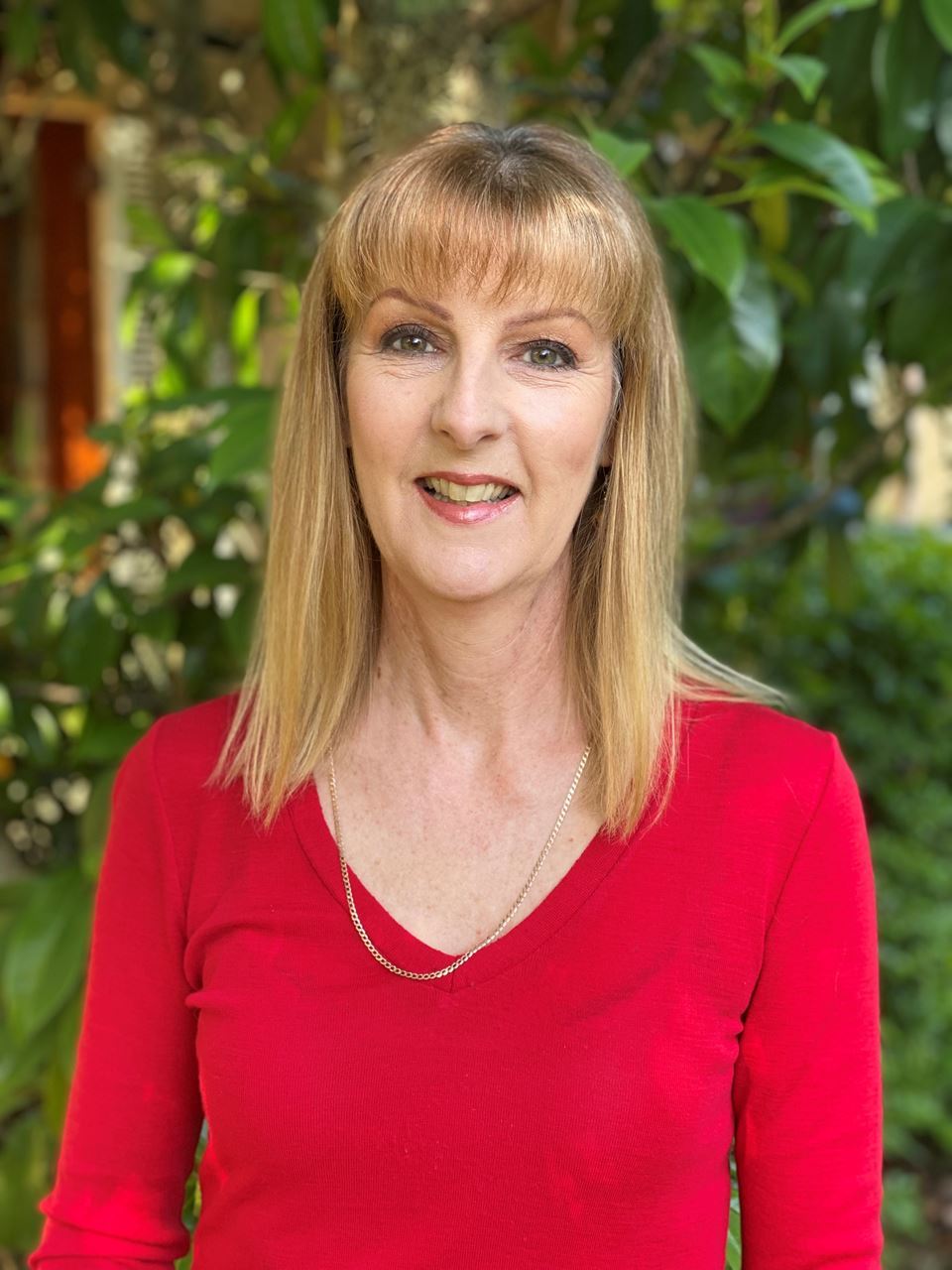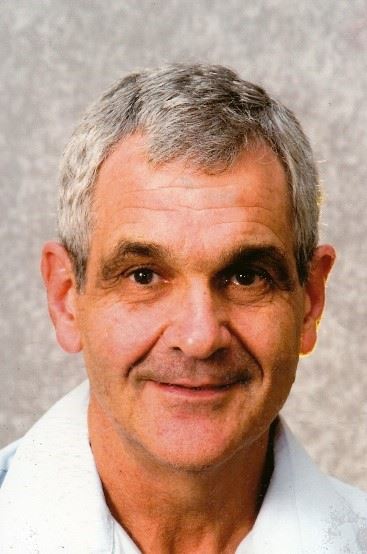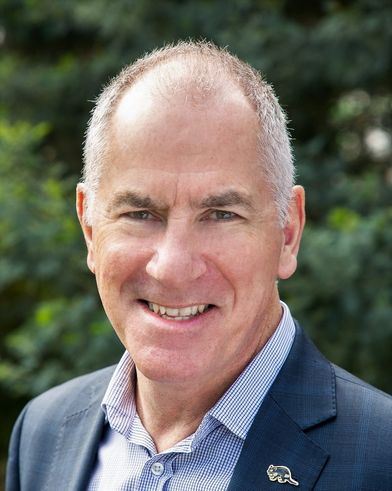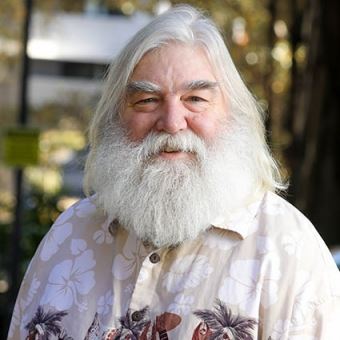AIFST 2022 Food MIcrobiology conference
- Home
- AIFST 2022 Food Microbiology Conference
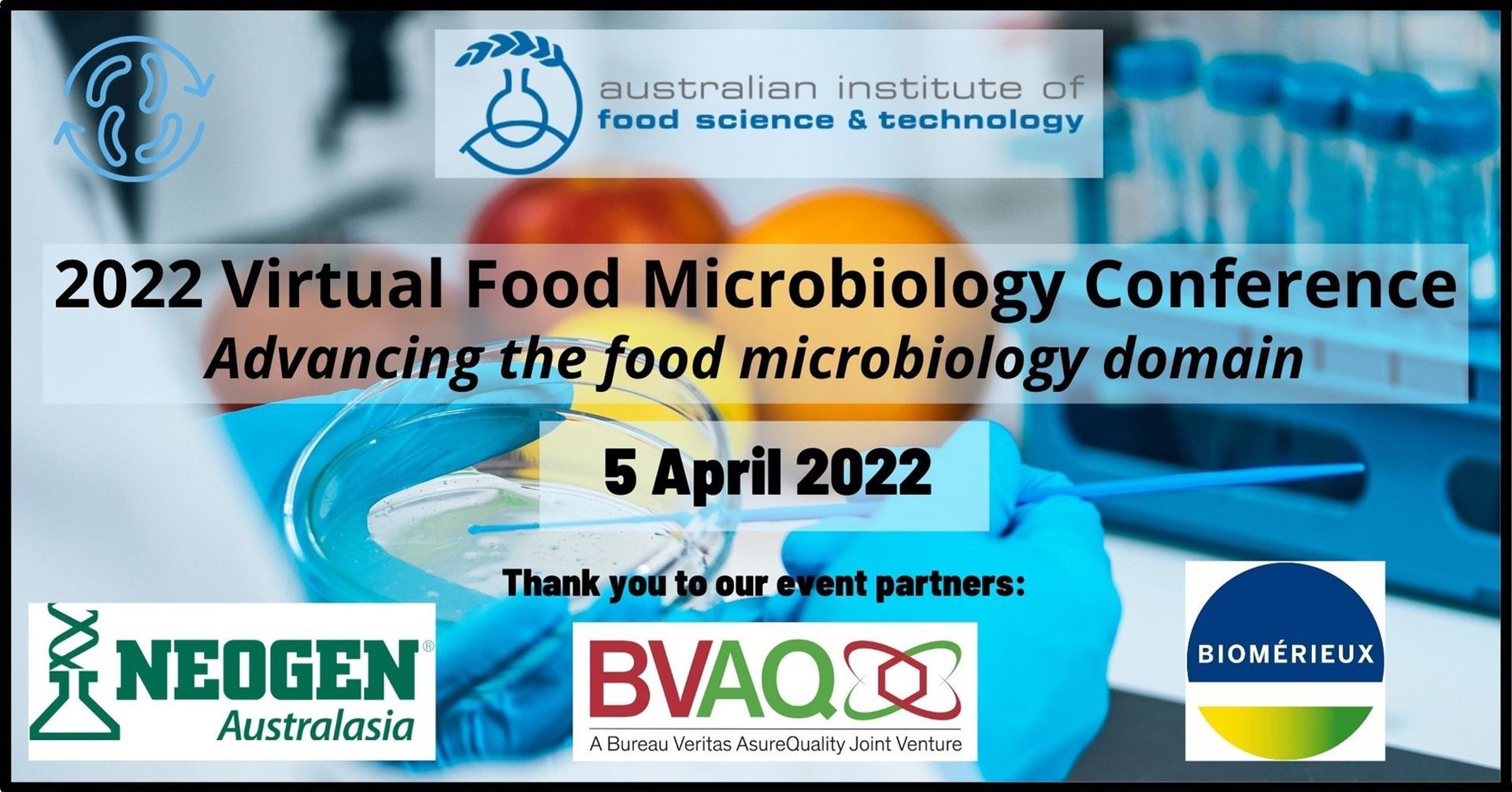
AIFST was pleased to present the 2022 Food microbiology conference on Tuesday 5 April 2022.
Reducing the burden of foodborne illness and harnessing the potential of microorganisms are vital issues for everyone involved along the food supply chain. This conference will speak to the challenges, complexity, and opportunities posed by microorganisms in our food supply. In doing so we seek to raise the profile of food microbiology and the importance of ongoing research and development activities in the field.
The conference was presented as a virtual event, offering a content-rich, day-long program focusing on the Australian food safety landscape.
The program hosts an excellent selection of speakers addressing topics from the burden of foodborne illness to factors impacting the supply of safe and trusted food. Plus, there will a series of moderated question and answer sessions where you can engage with the speakers.
Our goal is to deliver a professionally rewarding experience, which will provide a platform to make professional contacts, and takeaways that will elevate your knowledge of current issues in food microbiology.
The Food microbiology conference will be of interest and relevance to personnel across the entire food industry, as well as food regulators, academics, researchers, and Government officials.
Thank you to our event Partners:
SPEAKER PROFILES
| Dr Stan BaileybioMerieux Sr. Scientific Advisor Trends in Food Microbiology - The Good, Bad and Ugly Based on his 49 year experience, Dr. Bailey will review the past, current and future trends in how microbes affect food and beverage production, food quality and human health. About Stan Dr. Bailey has authored or co-authored over 600 scientific publications in the area of food microbiology, concentrating on controlling Salmonella in poultry production and processing, Salmonella methodology, Listeria methodology, and rapid methods of identification. Dr. Bailey is currently the Senior Scientific Advisor for bioMerieux Industry and served as the President of The International Association for Food Protection in 2008-2009. In 2002, he was named Outstanding Senior Research Scientist for the USDA, Agricultural Research Service and is a Fellow of the American Academy of Microbiology and The International Association for Food Protection. Dr. Bailey received his B.S. in Environmental Health Sciences, M.S. in Food Science, and Ph.D. in Poultry Science all from the University of Georgia. |
| Dr Tom LewisRDS Partners Positive role of microorganisms in food production Tom Lewis is an industry R&D facilitator, having worked along and across the Australian food industry’s production-research interface of since gaining his undergraduate degree sometime too long ago to remember. Tom’s background is in microbiology and aquaculture, and, amongst other things, he was a co-founder of such industry-focussed organisations as the Australian Food Safety Centre of Excellence, the Allergen Bureau and FermenTasmania (a role for which he received the AIFST Presidents’ Award in 2019). Tom is an advocate of the positive role microorganisms play in our lives and will provide a broad overview of this perspective of our wee friends as a precursor to the array of presentations in this year’s conference. |
%20small.jpg) | Dr Mark TurnerAssociate Professor in Food Microbiology, University of Queensland Fermentation of plant-based dairy alternatives About Mark Mark is a Professor of Food Microbiology and Deputy Head of the School of Agriculture and Food Sciences at the University of Queensland. He leads a research team in the area of food fermentation, quality and safety with current funding from the Australian Research Council. His current research focus is in lactic acid bacteria physiology (stress signalling) and applications (plant-based dairy alternatives, cheese cultures, anti-fungal and anti-pathogen biocontrol). He teaches into food microbiology, food safety and food biotechnology courses at UQ and is a Fellow of the ASM and AIFST as well as a member of the editorial boards of mBio and Journal of Food Protection. He was the recipient of the 2017 AIFST Keith Farrer Award of Merit. |
| Dr Malik HussainAssociate Professor in Innovative Food Production, Western Sydney University Probiotics and the food supply - the human microbiome Probiotics are living microorganisms that provide health benefits when consumed in adequate amounts. They also help to colonise gut with healthy and beneficial microbiota. The two main sources of probiotics include fermented foods and dietary supplements. Probiotics have been used for centuries in fermented dairy products, which are considered the most natural source. Over the last few years, many studies have been carried out to develop non-dairy probiotic products. Our current food supply has a variety of food products, which contain probiotics naturally or have probiotics added to them. Examples of such food products include yogurt, kefir, kombucha, sauerkraut, pickles, miso, tempeh, kimchi, sourdough bread and some cheeses. Probiotics also play an important role in restoring the composition of the gut microbiome and maintaining healthy gut microbial communities. About Malik Dr Malik Hussain is an Associate Professor in Innovative Food Production at Western Sydney University. He is an experienced food scientist with a specialisation in food microbiology and biotechnology. He has received a PhD degree in food microbiology from the University of Melbourne. He has also received several academic awards and fellowships including the prestigious OECD fellowship in 2014 to work at the Guelph Food Research Centre, Canada. Over the last 25 years, he worked at world-renowned universities, research institutes, and food regulatory agencies including the New South Wales Food Authority and the Victorian Department of Health. His professional expertise covers multiple disciplines such as novel foods, probiotics, food safety, risk assessment, food standards and regulation. He is affiliated with several international professional associations including the Australian Institute of Food Science and Technology (AIFST). |
Matt ColesNeogen Developments in rapid testing Matt received a Bachelor of Science degree specializing in Microbiology from Youngstown State University (Go Penguins!). Following a position working in Toxicology for Pharmaceutical research, Matt joined the NEOGEN Technical Services team in 2008. Within Neogen, Matt began working as an analyst within the food Microbiology Technical Services department and was elevated to the laboratory supervisor, where he has been in that position for the last 5 years. In this role, Matt is responsible for performing product evaluation of prospective/existing clients, troubleshooting client issues that may arise predominantly within the US, but also other continents. Matt is also involved with the development and functional testing of new and emerging microbiological technologies, such as rapid methodologies for the quick determination of microbial presence in food sources. |
| Lesley DuffyCSIRO Talking about Campylobacter About Lesley Lesley has many years experience across projects largely centred around foodborne pathogens including E. coli O157, Listeria, Salmonella and Campylobacter and their survival through food production systems. She has undertaken numerous projects examining Campylobacter survival through poultry processing. She has an ongoing interest in bacterial stress and survival through food production systems. |
| Dr Sukhvinder Pal SinghNSW DPI Challenges of assuring the safety of fresh produce Fresh produce is generally grown in open and natural environments ranging from peri-urban areas to remote geographical locations in the outback. There are many sources and routes of microbial contamination of produce in the field and packing facilities. Some geographical, environmental and management factors exacerbate the contamination risks and undermine the ability of growers and packers to manage these risks. In this presentation, an overview of challenges in assuring the safety of fresh produce will be presented from the growers’ perspective. About SP Dr Sukhvinder Pal (SP) Singh leads the Horticultural Food Safety Research Program at the NSW Department of Primary Industries. His research program is focused on developing and translating new technologies and solutions to improve food safety and traceability in the horticulture sector. His research portfolio has several R&D projects of national importance, including Safe Melons and Safe Citrus. In addition to his research role, he is the Director of Central Coast Primary Industries Institute, the Treasurer of the Australian Society of Horticultural Science and an Associate Editor of the Journal of Horticultural Science and Biotechnology. He also holds an adjunct faculty position at the University of Newcastle. |
| Robert BarlowCSIRO Team Leader - Food Microbiology Australian red meat industry: challenges and opportunity About Robert Robert is Team Leader, Food Microbiology within the Food Program of CSIRO Agriculture & Food. Robert has 20 years’ experience conducting research projects for Meat and Livestock Australia and Australian Meat Processor Corporation investigating significant food safety issues (e.g pathogenic E. coli and antimicrobial resistance) that the Australian red meat industry address in order to deliver safe and trusted products into global markets. His current research efforts primarily focus on how we generate and verify evidence that supports the clean, green, wholesome reputation on which Australian agribusiness trades. |
| Dr Alison TurnbullUniversity of Tasmania- Program Leader Fish Health, Biosecurity and Seafood safety Food safety in the seafood sector Recent years have seen a change in the microbiological risks associated with seafood. COVID has had an impact on supply chains; consumers have increased their consumption of ready-to-eat seafood; and climate change is starting to impact both harvest areas and supply chains. The improvement of clinical pathology also plays a role, as we become better at attributing illness to causative pathogens. Of particular concern is the emergence of illnesses associated with Vibrio parhaemolyticus in oysters. Australia, like many other countries, is beginning to understand the impacts of vibriosis and the complexities involved in managing this emerging risk. About Alison
Dr Alison Turnbull has been working in seafood safety and market access for over 20 years, as both a regulator and a researcher. She has conducted research on norovirus and vibrios in shellfish and marine biotoxins across a wide range of seafood species. She currently leads the Fish Health, Biosecurity and Seafood Food Safety group at IMAS, UTAS and SafeFish, a national seafood safety and market access research program funded by industry and the Fisheries Research and Development Corporation. Alison is permanent observer on Australian Shellfish Quality Assurance Advisory Committee, an expert member of Joint (FAO/WHO) Expert Committee on Food Additives, an international advisory panel member for New Zealand Seafood Safety Program, a steering committee member for the development of an Australian Food Safety Research Alliance and for the Department of Agriculture Water and Environment Export Standards Branch for seafood market access prioritisation. |
| Dr Andrea McWhorterUniversity of Adelaide post-doctoral research fellow Egg safety and Salmonella Layer hens frequently become persistently infected with Salmonella and intermittently shed the bacteria in faeces over the course of their productive lifespan. Eggs laid in a this environment can, as a consequence, become contaminated with Salmonella. Epidemiologically, raw eggs or foods containing raw eggs are often identified as the source of Salmonella during trace back investigations and represent a public health risk. This presentation will take a farm to fork approach to the importance of egg safety in the control of Salmonella and the prevention of foodborne human gastrointestinal disease. About Andrea
Dr Andrea McWhorter is an Australian Eggs post-doctoral research fellow. Her research has a farm-to-fork focus and is aimed at understanding how foodborne pathogens move from farms into the food supply chain and ultimately cause human disease. She works closely with the egg and chicken meat industries to investigate the challenges of controlling zoonotic bacteria in food. Dr McWhorter has previously been involved in the “Salmonella in Eggs” workshop series sponsored by Australian Eggs. She continues to be invited to speak at workshops organised by the egg and chicken meat industries. Her work is recognized nationally and internationally, and she has current collaborations with the vaccine company Bioproperties, the University of South Australia, RMIT, USDA, and the International Livestock Research Institute in Nairobi, Kenya. |
| Cathy MoirQuantal Bioscience - Senior Research Microbiologist Food microbiology advancing the validation of food formulation and processes Control of pathogens and/or spoilage microorganisms is a primary reason underpinning food formulation and processing. While microorganisms are often the primary biological target in the product development stage, they are often become the underdogs when it comes to validation or verification. Today’s presentation will discuss how we can use microorganisms during product development and validation to ensure they are not a problem for you after a product hits the supermarket shelves. About Cathy Cathy Moir is a senior research microbiologist with 35 years’ experience working with food and agri-business with the National Science Agency, the CSIRO, and, more recently, Quantal Bioscience. Cathy is a nationally recognised thought and science leader in the microbiology and processing of foods and works with industry, government and consumers. Cathy is a fellow of the Australian Institute of Food Science and Technology. She is also the Chair of the Food Safety Information Council, Australia’s leading disseminator of consumer-targeted food safety information, and recently joined the Proficiency Testing Australia Board. |
| Hilton Deeth Emeritus Professor of Food Science at the University of Queensland Bacterial spoilage of ESL milk
ESL milk has become a popular form of market milk in many countries. It is produced by either a thermal process or a non-thermal process such as microfiltration. It has a longer shelf-life than pasteurized milk but not as long as UHT milk. Its shelf-life is limited by bacterial spoilage which is either due to bacteria which survive the production process or to post-processing contamination. Psychrotrophic spore-forming bacteria are major spoilage organisms in ESL milk and hence processes need to be designed to minimize their presence. About Hilton
Hilton has had a long involvement with dairy research involving milk and a range of dairy products. Particular interests include milk lipids and lipolysis, milk proteins and proteolysis, and thermal and non-thermal technologies. He joined the University of Queensland in 1995 where he taught food science and technology and supervised several postgraduate students and research projects. From 1996 to 2008 he was Director of the Centre for UHT Processing at the University of Queensland. He has published over 160 research papers and over 40 book chapters. He co-authored the 2017 book on “High Temperature Processing of Milk and Milk Products” and co-edited the 2018 book on “Whey Proteins. From Milk to Medicine”. He is now Emeritus Professor of Food Science at the University of Queensland and consults to the dairy industry. |
| Poulson JosephKalsec Inc. Director, Food Protection & Protein Innovation Exploring alternate preservatives-Industry Perspectives Food preservation took exponential strides with advancement in science & technology. Especially, preservatives are integral to maintaining both quality and safety in a variety of packaged foods. Current consumer trends in the food industry echoes a need for more familiar ingredients on the label and demands alternatives to preservatives as well. There are applications where such approaches have been successful using clean label ingredients, while there are still challenges in certain applications. This session will address clean label preservative landscape and discuss recent research updates in this sector, especially focusing on “ate”, and “ite” (lactate/diacetate, benzoate/sorbate, sodium metabisulphite) replacement strategies. About Poulson Poulson Joseph is the Director of Food Protection and Protein Innovation R&D at Kalsec Inc. He received his Ph.D. in Animal and Food Sciences from the University of Kentucky. Subsequently, Poulson completed his post-doctoral research on muscle food quality at Mississippi State University. At Kalsec, he leads the Food Protection & Protein Innovation Team with a research emphasis on natural antioxidants and antimicrobials while working closely with the food industry and pet food industry. He spearheads the team’s mission in developing innovative natural and clean label solutions for improving food quality and shelf-life. He has delivered invited lectures in professional meetings and academic institutions and had conducted industry workshops globally. Poulson is actively involved in American Meat Science Association (AMSA), and Phi Tau Sigma (the Honour Society for Food Science). At the Institute of Food Technologists (IFT) USA, he had served as IFT Muscle Foods Division’s Chair and in Leadership Team for 6 years. He was recognized with the 2018 AMSA Achievement Award as well as with the 2018 IFT Emerging Leader Network Award. He has authored/co-authored several publications, including 3 book chapters. |
| Deon MahoneyHead of Food Safety IFPA JEMRA and international risk assessments About Deon As Head of Food Safety at IFPA A-NZ, Deon provides technical support and guidance with the goal of ensuring the safety and suitability of fresh produce. Deon has wide ranging experience across food science and technology. He has post graduate qualifications from the University of Sydney, and over his career he has performed various roles including training and education, microbiological risk assessment, risk communication, food policy development, drafting and enforcement of food legislation, and establishing quality assurance programs. Deon has previously worked for WHO, FAO, FSANZ, and Dairy Food Safety Victoria. He has worked in over 25 countries providing high level scientific advice and guidance on food safety matters and the risks presented by our food supply. He continues to provide consultancy and advisory services on food safety. Deon is a fellow of Australian Institute of Food Science and Technology (AIFST), and a non-executive director on the Boards of AIFST and FPSC. |
| Jasmine Lacis-LeeFood Safety Manager, Allergens and Microbiology Trouble shooting in the food industry – the challenges of undertaking root cause analyses About Jasmine Jasmine Lacis-Lee is a specialist in food safety management within the Australian food manufacturing industry. Jasmine has a Bachelor of Science, with more than 20 years’ experience as a food microbiologist and over 15 years’ experience working in the food & beverage industries. She currently holds professional memberships with the ASM (Australian Society of Microbiology), AIFST (Australian Institute of Food Science and Technology), and EHEDG (European Hygienic Engineering & Design Group). She is the President of the Allergen Bureau, appointed a Board Director in 2018. She is also proud to be the founding Co-chair and a Board Director for Australian Regional division of the EHEDG. Jasmine joined BVAQ based in QLD in July 2015 and in her role regularly consults both Nationally and Internationally with a variety of organisations from large global food and beverage manufacturers, regulatory authorities, through to single hospital and hotel kitchens, where she provides strategies for managing microbiological and allergen risks; provides support with equipment installation and validations; as well developing customised training covering microbiology, allergens and food safety risks. Jasmine is also responsible for delivering Allergen Bureau endorsed VITAL® training. |
| Dr Craig ShadboltPrincipal Food Safety Scientist, New South Wales Food Authority Status of foodborne illness: Australia and global About Craig
Craig is the Principal Food Safety Scientist with the New South Wales Food Authority and Department of Primary Industries, Australia’s only through chain food safety agency. Craig has been with the NSW Food Authority since 2004 and has over 15 years experience in ensuring that outbreaks of foodborne disease and other food hazards are managed effectively to prevent harm to human health and limit damage to the food industry. Prior to joining the Food Authority, Craig was employed in 2001 in a scientific advisory role with the Commonwealth Department of Health, Food Safety and Surveillance Unit. In this role Craig was responsible for advice and development of food policy and regulation, as well as involvement in the operation of OzFoodNet, Australia’s national surveillance system for detection and investigation of foodborne disease outbreaks. Craig has a BSc Hons (1998) and PhD in Food Microbiology (2004) from the University of Tasmania, specialising in survival and inactivation of E. coli under different environmental conditions |
| Dr Julian CoxHonorary Associate Professor, School of Chemical Engineering UNSW Training the food microbiologist About Julian Julian Cox is an Associate Professor of Food Microbiology, and formerly the Associate Dean (Education) in UNSW Science and Associate Dean (International) in UNSW Engineering. Julian has extensive and award-winning teaching experience in food microbiology, quality assurance, rapid methods, and graduate attributes. His research activities focus on food microbiology and food safety, including rapid methods for the detection and characterisation of microorganisms associated with foods, the biology, ecology and management of foodborne pathogens and food safety systems and culture. He is also involved in the development and application of technology, especially computers, in teaching, and study of higher education. |


